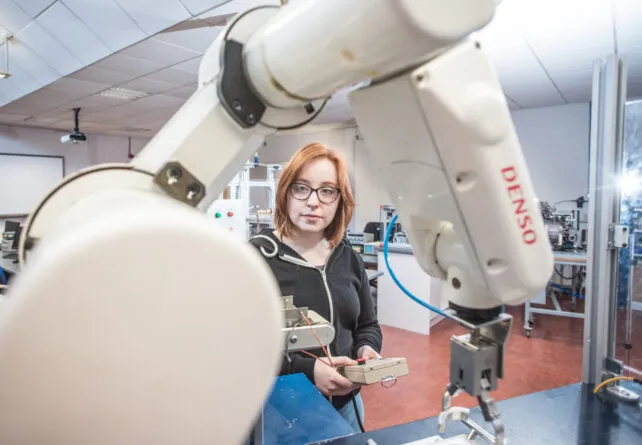Why choose this course?
In today’s digital landscape, the importance of networking cannot be overstated, especially with the proliferation of Internet of Things, Cloud Computing, and Smart Manufacturing. These technologies have revolutionized how businesses operate, creating a demand for skilled professionals who can deploy and manage complex network and cloud infrastructures. Reports liken the shift to Cloud as “Climate Change” for IT, emphasizing its transformative impact. However, there is a shortage of professionals equipped with the necessary Network, Cloud, and Software skills, highlighting the significance of specialized education in this field.
This honours degree program at TUS addresses this demand by offering comprehensive modules covering network and cloud infrastructure deployment and management. Students gain proficiency in designing and testing medium-sized scripting applications, data modelling, database design, and handling large datasets for Big Data applications. Additionally, topics such as network management and Software Defined Networking (SDN) are explored to prepare students for the evolving industry landscape.
The program goes beyond theoretical learning, emphasizing practical experience through hands-on sessions with physical Network equipment, simulators, and remotely accessed labs. With the support of industry-connected faculty, student tutors, and mentors, learners benefit from a well-rounded education in a state-of-the-art facility, including the renowned Software Research Institute (SRI) on campus. Through projects and a final year capstone, students delve into emerging areas like Augmented User Interaction (AR), ensuring they graduate with the skills and knowledge needed to thrive in the dynamic field of computer engineering and network infrastructure.








